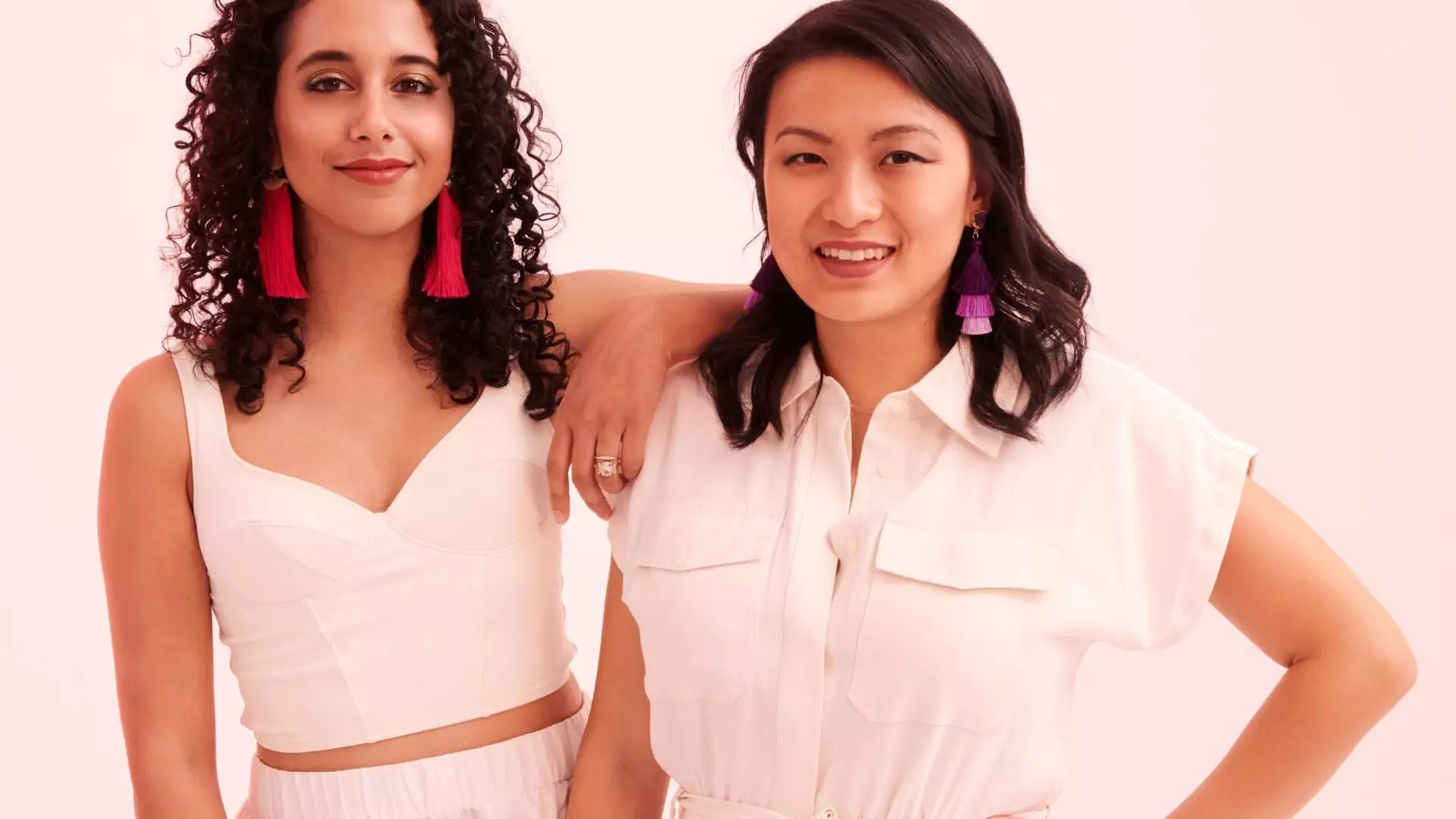In the tumultuous year of 2020, as lockdowns and social distancing became the norm, two visionary entrepreneurs, Shreya Murthy and Joy Tao, set out to launch Partiful, a party-planning startup designed to “bring people together in person.” This mission, seemingly counterintuitive during a pandemic, posed a formidable challenge. However, what appeared to be an insurmountable obstacle instead ignited a creative spark. Five years later, Partiful has emerged as a favorite among Millennials and Gen Z, facilitating the planning of a myriad of gatherings from casual birthday parties to meaningful weddings, all while embracing the relevance of in-person connections that many yearned for during the isolation of the pandemic.
A Unique Value Proposition in a Crowded Market
Partiful’s success can be attributed to its distinctive value proposition. Unlike its competitors—Eventbrite, Evite, and even Apple’s own event-planning tool—Partiful has carved out a niche by appealing directly to a younger demographic with its quirky and humorous approach to event invitations. The app not only offers functionality but also infuses personality into the planning process. The creative designs and customizable features reflect the vibrant culture of its user base, making the task of organizing a social event feel less tedious and more enjoyable.
Tao’s background as a software engineer at Meta and Murthy’s strategic insight from her time at Palantir allowed the duo to recognize a gap in how intimate social events were managed. They identified that existing practices, often relegated to chaotic text threads, failed to capture the spirit of spontaneous gatherings. By leveraging text messaging infrastructure and later expanding into mobile apps, Partiful transformed how users engage with event planning.
Responsive and Tailored User Experience
One of Partiful’s most significant strengths lies in its understanding of its audience. The platform recognizes the intricacies of modern social dynamics, particularly for the “post-grad” generation who may find themselves navigating new cities and friendships. As Murthy points out, this life stage can be daunting: “You’re starting your adult life and have to… rebuild your entire social circle.” Partiful addresses this sentiment by creating a space where users can easily plan, connect, and celebrate special moments, allowing them to focus more on the joy of the event rather than the mechanics of planning.
The platform’s design resonates with its core user base. For instance, the ability to create themed invitations—whether parodies of popular culture or playful mash-ups—encourages creativity among hosts. The “boop” feature, allowing guests to randomly send emojis instead of traditional messages, adds an element of whimsy that aligns perfectly with Gen Z’s love for casual and fun communication.
Growth Amid Competition
Partiful’s impressive trajectory stands out in a highly competitive landscape. Despite the presence of established rivals like Evite and Eventbrite, which boast millions of users, Partiful has achieved remarkable growth, reporting a staggering 500,000 monthly active users—an astonishing increase of 400% year-over-year. This success can be attributed to both its innovative design and the organic engagement it fosters within its community. With the rise of social media, events have become a canvas for youthful expression, and Partiful capitalizes on that trend, allowing users to share their experiences and create lasting memories through in-app photo albums and group chats.
Moreover, the company thrives on a sense of community. Over 60% of its active users engage with the app weekly, highlighting its role in their social routines. This phenomenon is especially apparent when considering how the pandemic reshaped social interactions, emphasizing the need for platforms that facilitate genuine connections. Partiful not only provides a functional solution but also stands as a cultural touchpoint, giving users a space to express themselves and foster relationships.
Navigating Rivalries and Future Challenges
The entrance of tech giants like Apple into the event planning sphere has heightened competition, yet Partiful remains unflinching. The fact that Apple Invites requires an iCloud+ subscription to host events places traditional barriers in the way of user adoption. In contrast, Partiful operates on a more inviting model, remaining free to use. The juxtaposition highlights how Partiful advocates accessibility while encouraging creativity, something that resonates deeply with its largely young and diverse audience.
As the startup continues to grow, the challenge will be maintaining its unique identity in an evolving marketplace. Murthy’s and Tao’s responses to criticism and competition will be pivotal. While they express confidence in their user retention, staying relevant amid changing technology and consumer preferences will require continual innovation and adaptability.
Partiful is not just an app; it is a narrative of resilience amid adversity, an embodiment of the human desire for connection, and a testament to the creativity of a generation that thrives on community and shared experiences.

